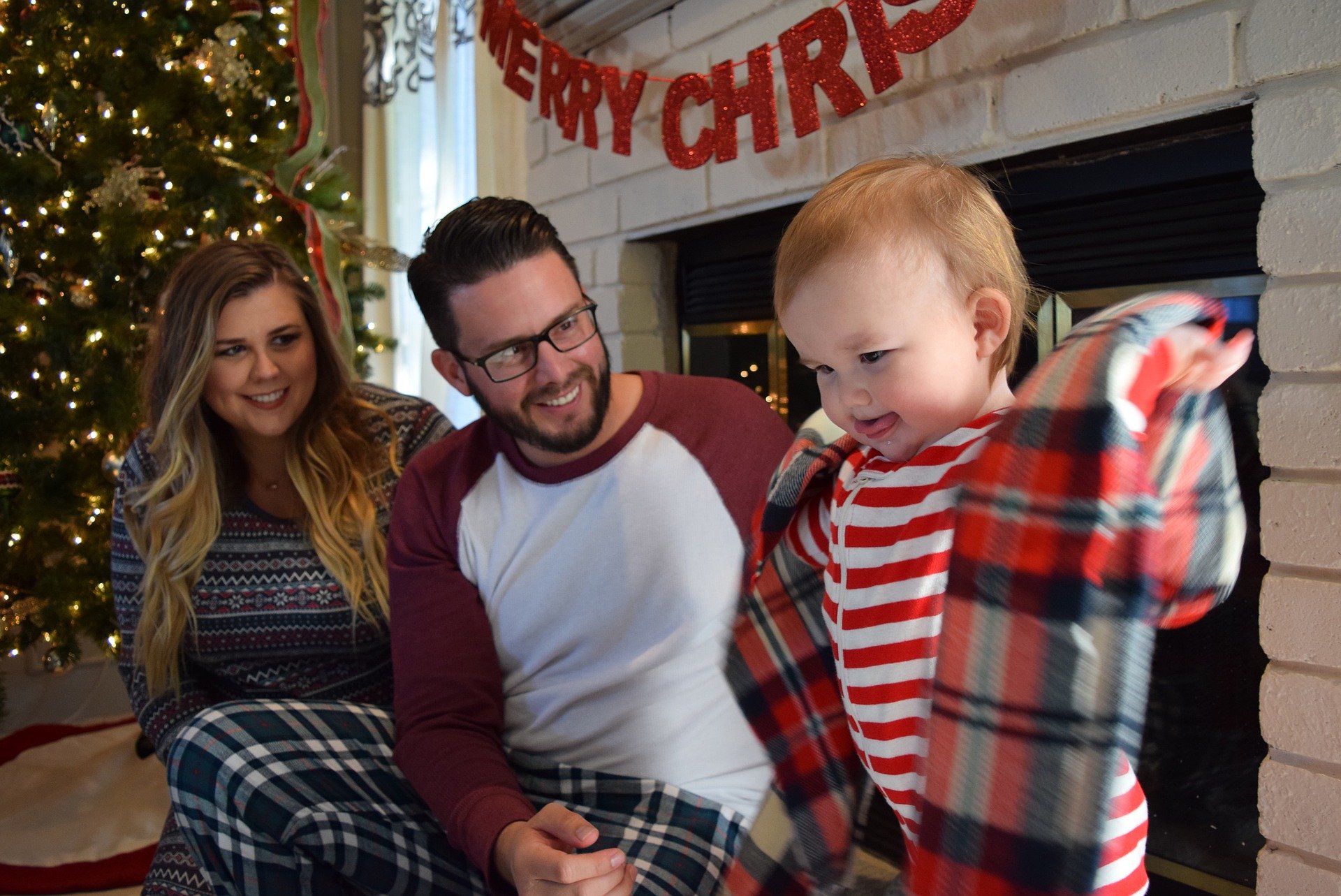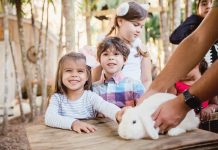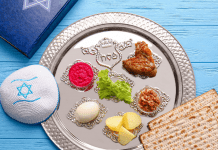Your GPS for practicing positive discipline, enjoying the holidays in a stress-free home, and creating wonderful memories in your children’s hearts.
The end of the year festivities are approaching us. Christmas, celebrations at work, and family gatherings, just to name a few. At this time, our family and work routines are somehow altered, and as a result, our emotions seem to flow uncontrollably making us feel that we are taking a roller coaster ride. These emotions often bring stress to our family life where all the parts of the family ecosystem are affected.
By creating a family GPS of positive discipline, we can be more proactive, prevent chaos and unwanted behaviors during the holidays, and create instead a positive environment where peace, communication, respect, and love are prominent parts of the festivities.

You may ask yourself how to do it…
Therefore, I will share with you some effective strategies to create the GPS of positive discipline in your home.
G = Guide the children and create clear expectations for behavior.
• Create a chart of rules with specific clarifications of expected behaviors for the children and establish predictable schedules and routines. Be consistent in what you say vs. what you enforce. Use visual aids such as photographs, magazine clippings, and printed signs. For example, wake up, make the bed, brush your teeth, etc.
• Use timers such as sand timers and digital timers to set times for playing and taking turns. You can usually get these at the dollar store.
• Print photos of toys and personal items and place them in places where they should be stored. For example, board games, cars, dolls, clothing, educational items, etc. You should also label the picture.
• Establish family rules. For example, when someone speaks, the eyes are looking at the person and the ears listen carefully. Before eating, we should wash our hands with soap and water. During meals, verbal communication will be a priority, and electronics should be absent.
By creating clear expectations, you should avoid stressful situations.
P = Plan and be proactive with thoughts and words. Prevent problems and avoid their intensification.
• Reduce transitions and give warnings in advance when you want your children to change from one activity to another one. You can say, “In 10 minutes we will go out and the toys must be returned to their place.”
• Another key to preventing unexpected behavior is to involve children in the process of selecting the household rules. By feeling part of the process, they can strengthen their autonomy and self-esteem.
• P also implies planning your wording when talking to the children. For example, instead of saying “No” and using other phrases with a negative connotation, you can redirect your words and thoughts towards the desired behavior, with positive affirmations.
Instead of saying…
“Do not run” Say: “Let’s walk to the car, let’s be safe.”
“Do not bite” Say: “Teeth are for biting food. Use your words, when you want to communicate with people”.
When you set clear and consistent expectations of behavior and redirect inappropriate behaviors by focusing on positive aspects, you develop emotional intelligence.
S = Selection and solution. It is about validating the children’s efforts, achievements and appropriate behaviors.
• This strategy is very important. Following the example of Victor, we can say: “Victor, thank you very much for placing the Legos in the blue basket.” Instead of just acknowledging his actions by saying: “Thank you for cleaning.” It is important to be specific when you give your children feedback about their actions.
• In the event that your children don’t follow your directions when you ask for a specific task, you can redirect them by asking questions so that they can find a solution on their own and think about their behavior. For example, “Victor, remember our agreements? How do you think we can fix the problem? Do you think you have made a wise choice?”
Once a good discipline model has been established, children acquire self-control, autonomy, and respect. We can avoid power struggles and stressful situations that will involve yelling and arguing.
By practicing the GPS of the discipline, you will facilitate the development of the executive functions of the brain in charge of guiding cognition, planning and decision making, and you will control the reactivity of the limbic system, also known as the emotional brain. For more on this topic, here’s an article I wrote about the development of conscious discipline in your home.
Now, I invite you to create your GPS for positive discipline to enjoy the holidays in a stress-free home. Be proactive and positive always, and you will be ready to create wonderful memories in your children’s hearts.
Remember, when they grow up, the toys will no longer be there, but your love and positive memories will always be there.
May peace and happiness reign in your home during the holidays.
With love and gratitude,
Marielena
















